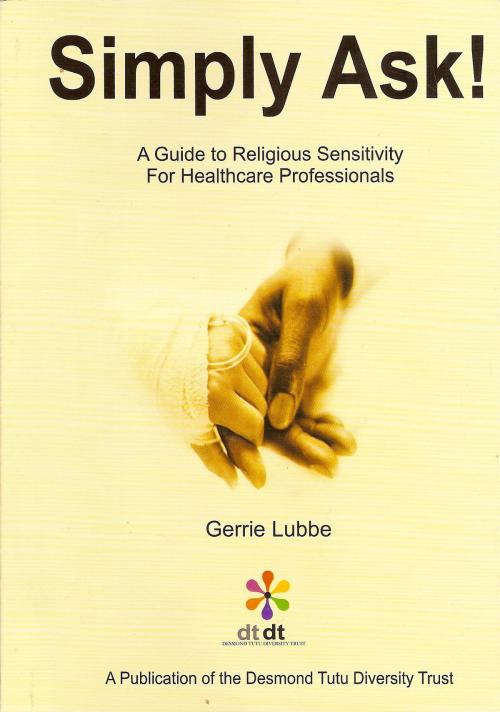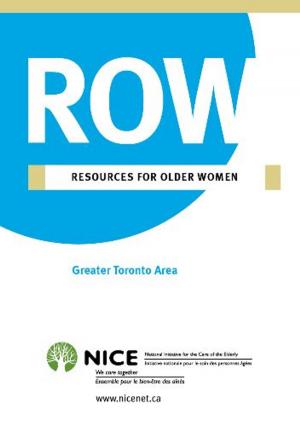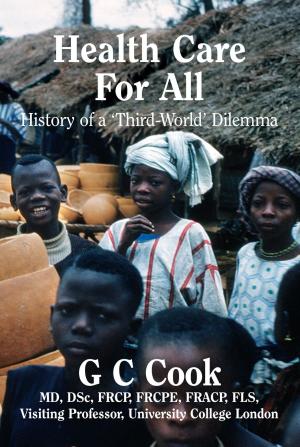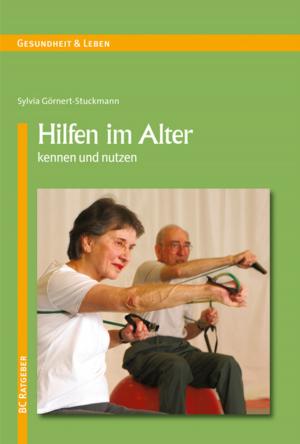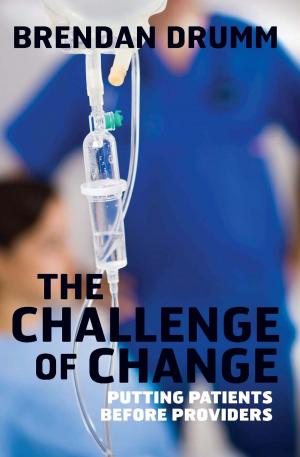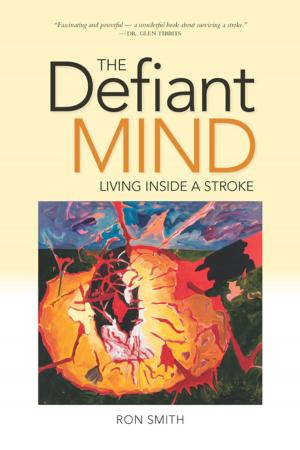Simply Ask. A Guide to Religious Sensitivity for Healthcare Professionals.
Nonfiction, Religion & Spirituality, Theology, Ethics, Health & Well Being, Health, Health Care Issues| Author: | Gerrie Lubbe | ISBN: | 9781301665235 |
| Publisher: | Michel Clasquin-Johnson | Publication: | May 26, 2013 |
| Imprint: | Smashwords Edition | Language: | English |
| Author: | Gerrie Lubbe |
| ISBN: | 9781301665235 |
| Publisher: | Michel Clasquin-Johnson |
| Publication: | May 26, 2013 |
| Imprint: | Smashwords Edition |
| Language: | English |
The Book: When the piglet Babe, in the movie with the same name, is entered by his owner for the sheepdog trials, he initially has problems gaining the cooperation of the sheep. After consulting a senior ewe on how to win their trust, he is told simply to ask nicely! He follows suit and the sheep perform flawlessly on the day of the trials. It is certainly our wish that this book may become a guide to all healthcare professionals.
Of course, we do not expect doctors and nurses to become walking encyclopedias of the do's and don'ts of the religious traditions in our country. However, if we learn from Babe, and observe the golden rule to simply ask nicely when, still, we do not know, we can go a long way in becoming sensitive to the spiritual needs of all recipients of health care.
With a foreword by Archbishop Emeritus Desmond Tutu and an epilogue by Professor Detlef R Prozesky.
The Author: Gerrie Lubbe retired as professor of Religious Studies at the University of South Africa, Pretoria. He was a founder member of the South African Chapter of the World Conference on Religion and Peace and served as its first president from 1984 to 1994. In 1992 he received the Indicator Human Rights Award for his contributions in the area of religious freedom. In 2003 he was awarded a Fulbright scholarship to study religion-state relations and religious diversity in the USA. He is currently chief executive officer of the Desmond Tutu Diversity Trust.
The Trust: With this publication, the Desmond Tutu Diversity Trust has taken a further step in the promotion of diversity awareness in South African society. Its other projects are:
The design of nine posters for the Department of Education in support of its new Policy on Religion Education. The posters depict the assessment standards for grades R to 3 and deal with symbols, important days, diet, clothing and decorations in seven religions. DoE printed 100, 000 sets of these posters and distributed them to schools countrywide.
A Youth Think Tank, which is designed to get young adults together across cultural and religious barriers. This project had a very important spin-off, when, in April 2008, Cook for Peace took place under our auspices. It involved 30 Jewish and 30 Muslim students cooking a meal together.
A Teachers Forum, where we aim to assist teachers in understanding and handling diversity in the classroom. The first phase consists of workshops for high school teachers in Gauteng. Our initiative has been met with great enthusiasm from the side of participants and of education authorities.
The Book: When the piglet Babe, in the movie with the same name, is entered by his owner for the sheepdog trials, he initially has problems gaining the cooperation of the sheep. After consulting a senior ewe on how to win their trust, he is told simply to ask nicely! He follows suit and the sheep perform flawlessly on the day of the trials. It is certainly our wish that this book may become a guide to all healthcare professionals.
Of course, we do not expect doctors and nurses to become walking encyclopedias of the do's and don'ts of the religious traditions in our country. However, if we learn from Babe, and observe the golden rule to simply ask nicely when, still, we do not know, we can go a long way in becoming sensitive to the spiritual needs of all recipients of health care.
With a foreword by Archbishop Emeritus Desmond Tutu and an epilogue by Professor Detlef R Prozesky.
The Author: Gerrie Lubbe retired as professor of Religious Studies at the University of South Africa, Pretoria. He was a founder member of the South African Chapter of the World Conference on Religion and Peace and served as its first president from 1984 to 1994. In 1992 he received the Indicator Human Rights Award for his contributions in the area of religious freedom. In 2003 he was awarded a Fulbright scholarship to study religion-state relations and religious diversity in the USA. He is currently chief executive officer of the Desmond Tutu Diversity Trust.
The Trust: With this publication, the Desmond Tutu Diversity Trust has taken a further step in the promotion of diversity awareness in South African society. Its other projects are:
The design of nine posters for the Department of Education in support of its new Policy on Religion Education. The posters depict the assessment standards for grades R to 3 and deal with symbols, important days, diet, clothing and decorations in seven religions. DoE printed 100, 000 sets of these posters and distributed them to schools countrywide.
A Youth Think Tank, which is designed to get young adults together across cultural and religious barriers. This project had a very important spin-off, when, in April 2008, Cook for Peace took place under our auspices. It involved 30 Jewish and 30 Muslim students cooking a meal together.
A Teachers Forum, where we aim to assist teachers in understanding and handling diversity in the classroom. The first phase consists of workshops for high school teachers in Gauteng. Our initiative has been met with great enthusiasm from the side of participants and of education authorities.
